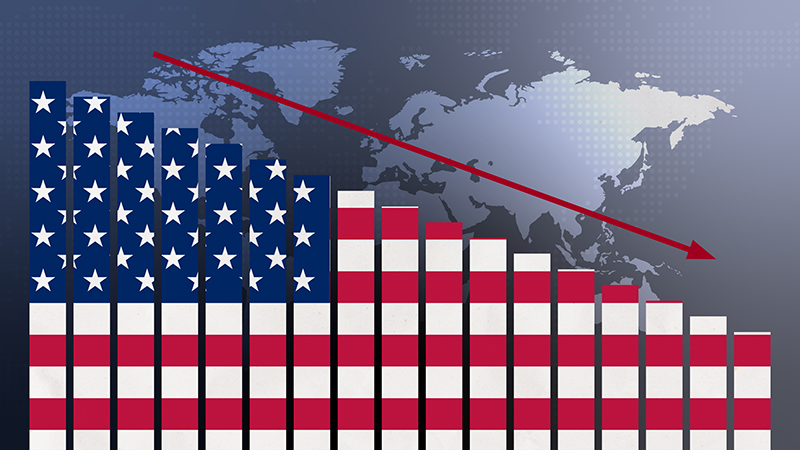World markets have been able to make progress over the last year despite continuing recession in Euroland. There have been occasional worries from the most troubled countries. Portugal has been experiencing austerity fatigue. Greece requires regular changes to its loan schedules and conditions. Ireland, the poster boy for IMF/EU joint programmes, is still finding the going very tough.
Relaxed
So why are markets so comparatively relaxed? They give credit to the EU for largely sticking with the policy of requiring tax rises and spending cuts to bring state deficits down. They back internal devaluations, as countries cut wages and try to price themselves back into markets. These policies have seen state deficits reduce and imports into the weaker countries contract. More importantly, knowing that growth is needed to complete the repair of the finances, many market participants assume Mr Draghi at the European Central Bank will do whatever it takes to ensure enough liquidity to avoid banking disaster and to keep some money flowing despite the falls in output.
Summer lull
We are enjoying the summer lull created by the absence of big political meetings and announcements and more importantly created by Mrs Merkel in the run up to the German general election. Mrs Merkel is the nearest Euroland has to a boss or sovereign. Her views and decisions matter more than the rest, as Germany is the pay master and architect of much of what goes on in the currency zone. Only German voters have the chance to pass a judgement on her tenure, so she has to remain fiercely in favour of discipline and against formal explicit bailouts to woo German opinion.
Merkel
In practice Mrs Merkel is a much more nuanced figure. Her one belief seems to be to keep the Euro going. To do that she has allowed or failed to stop substantial ECB injections of money into the weaker banks, and has gone along with revisions to loan programmes to countries to avoid breakdown. Many think she will win again this September. We need to ask what difference would a victory make?
She would be freer after winning again to move in either direction. She could become tougher with the underperforming members of the zone, force more of a crisis, in order to resolve some of the problems and crystallise more of the losses without German subsidy. Or she could tilt more towards the Euro, and pledge more German financial assistance to the scheme.
We assume she will not lurch in either direction, but continue with her blend of rhetoric for more discipline and no subsidy combined with flexible responses to the running crises that characterise this phase of Euro financial development. This may be enough to allow world markets to make further progress. Indeed, market approval of Mrs Merkel may even allow a better run from German shares themselves, left behind by the American rally. More buyers for European shares may emerge, on the grounds that the worst of the Euro recession is now behind us.











